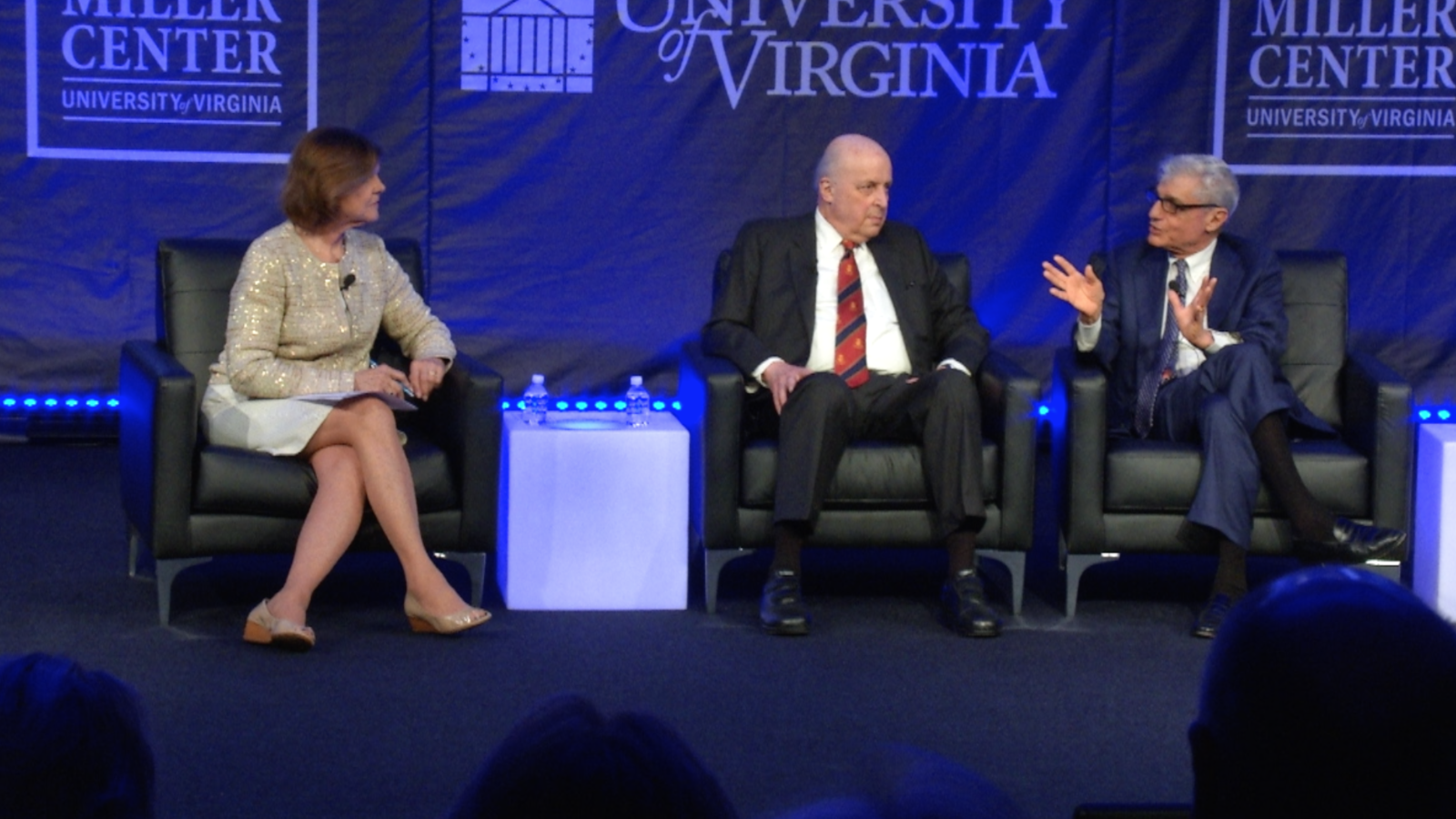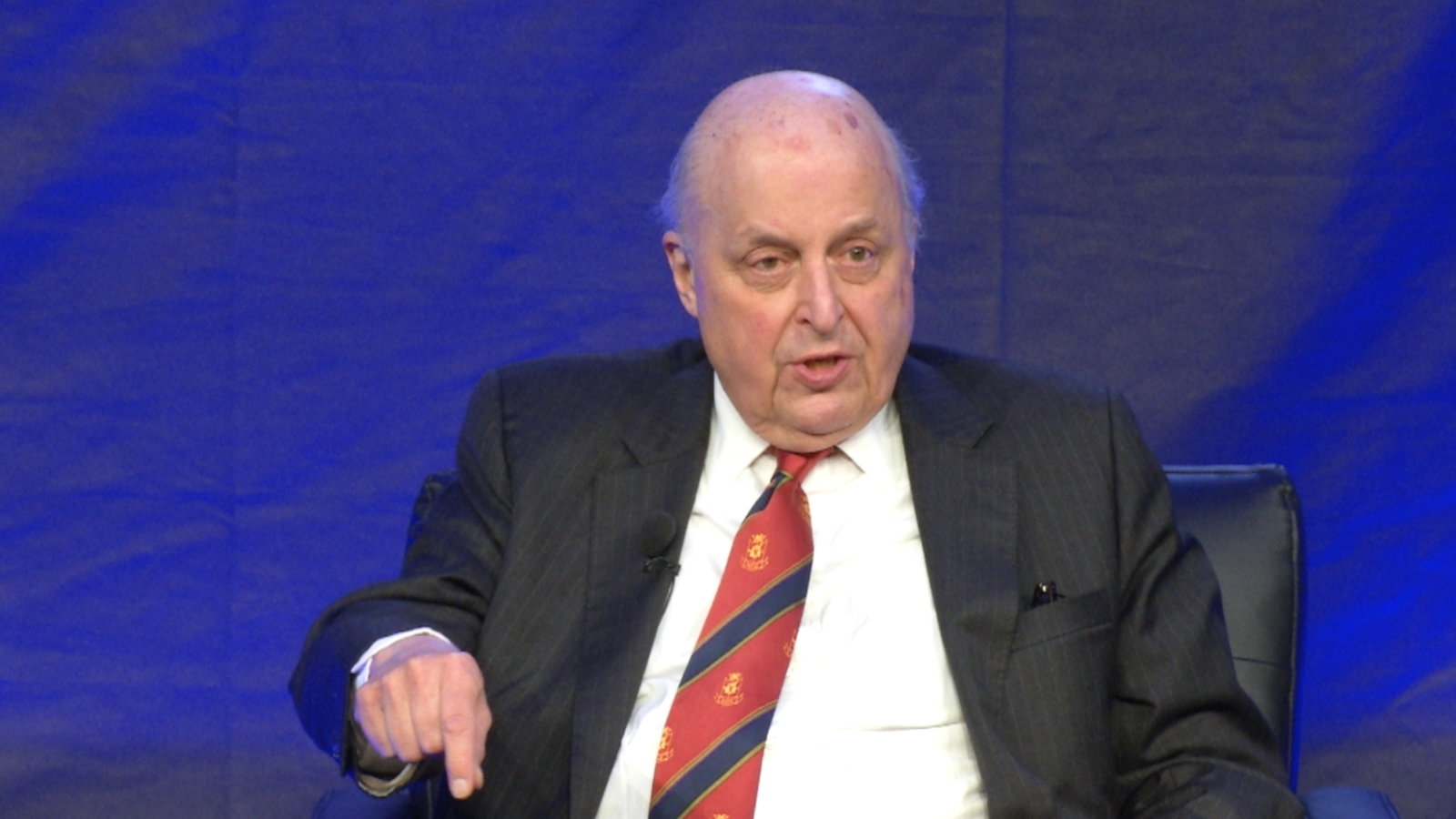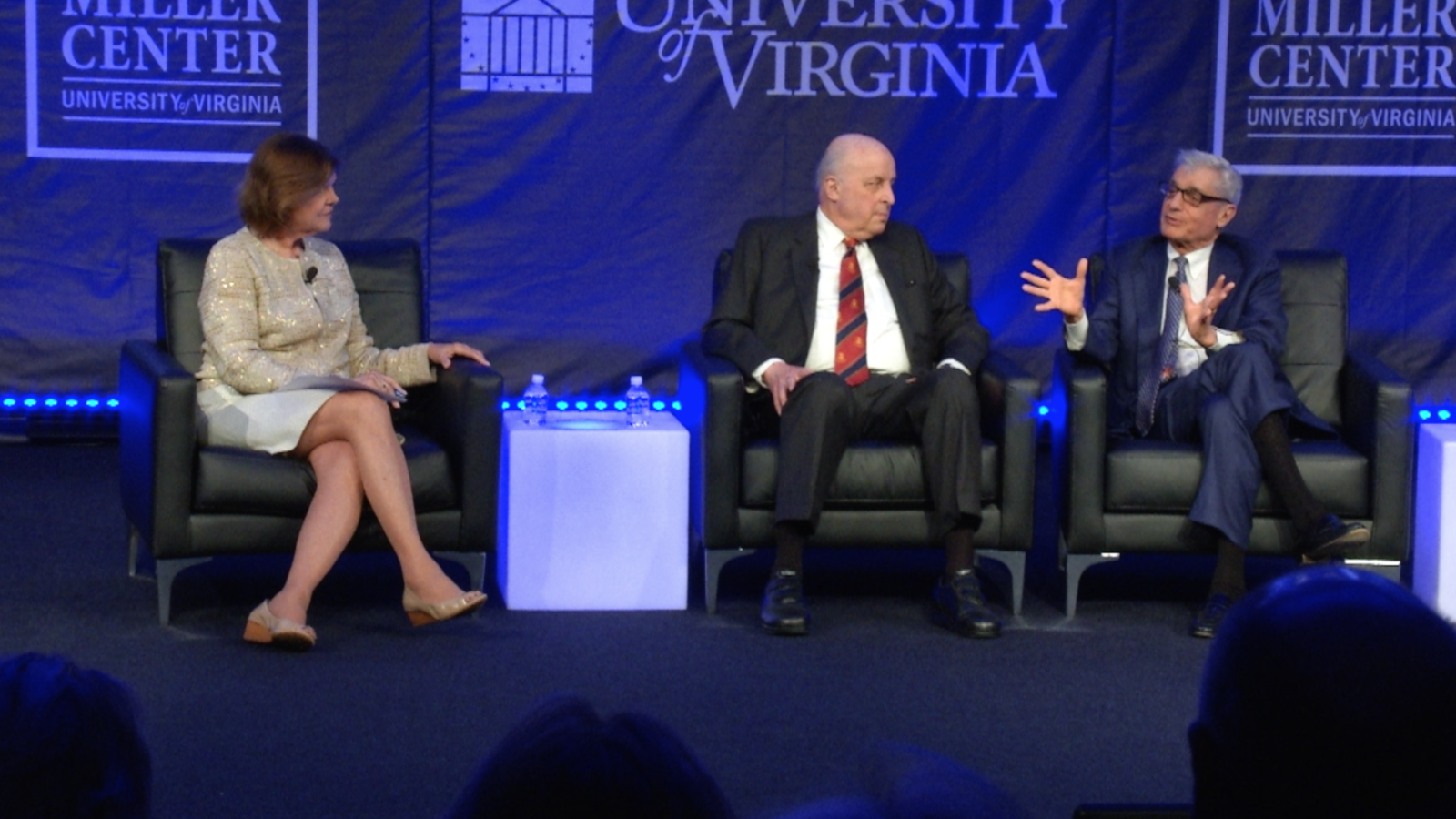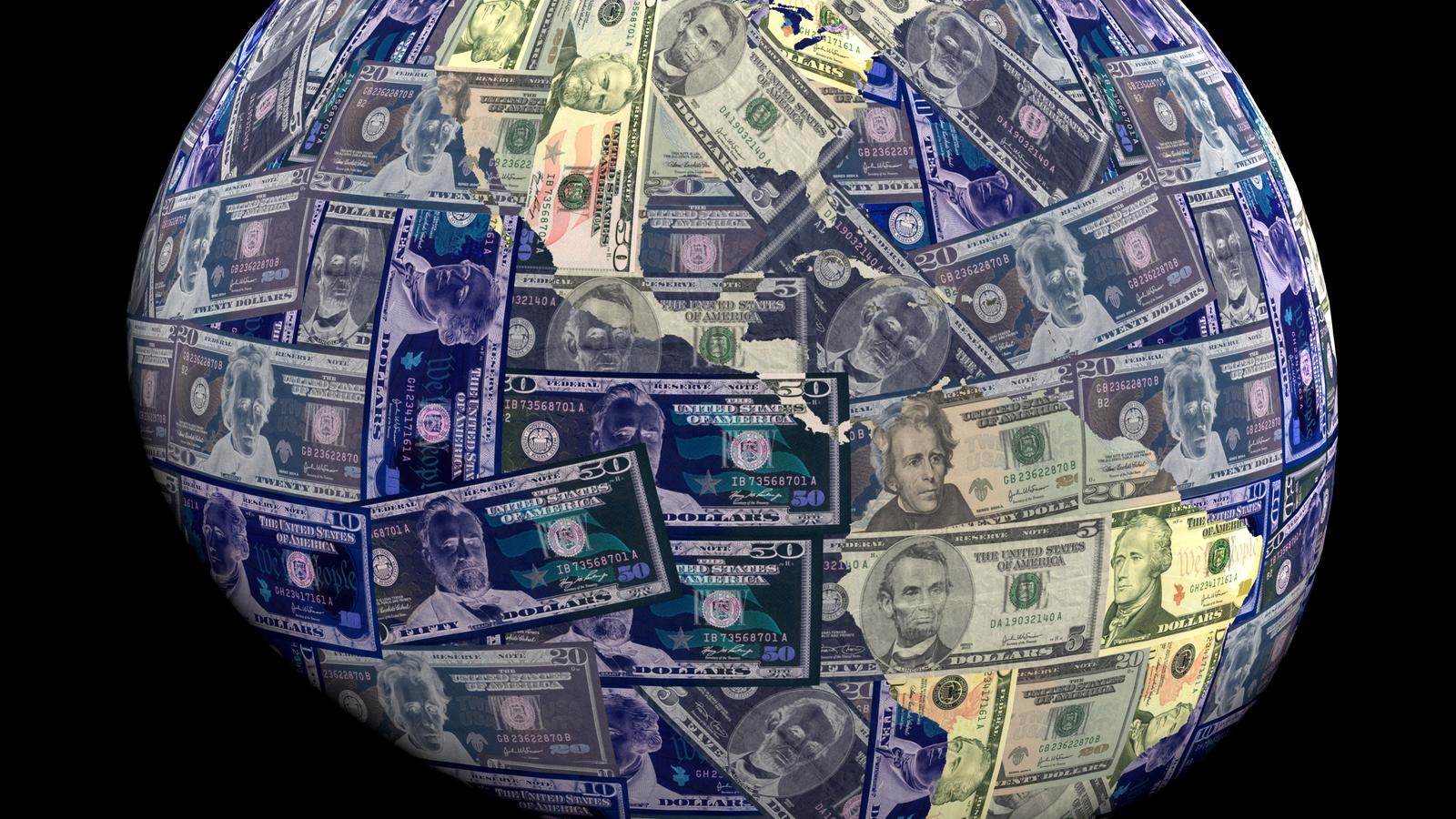Economic Issues
Great powers, the global economy, and America’s changing role
-
Clip: Secretary Rubin and Ambassador Negroponte on America's Future Relationship with China

-
Clip: Secretary Rubin and Ambassador Negroponte on America's Future Role in the Global Order

-
Clip: Secretary Rubin and Ambassador Negroponte Outline the Greatest Future Challenges for American Democracy

-
Great Powers, The Global Economy, and America's Changing Role

Watch the UVA Democracy Biennial

The Biennial was originally broadcast September 24-25, 2021